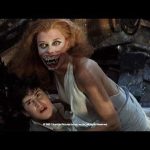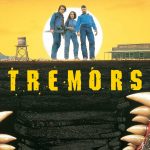Mulholland Drive (2001)
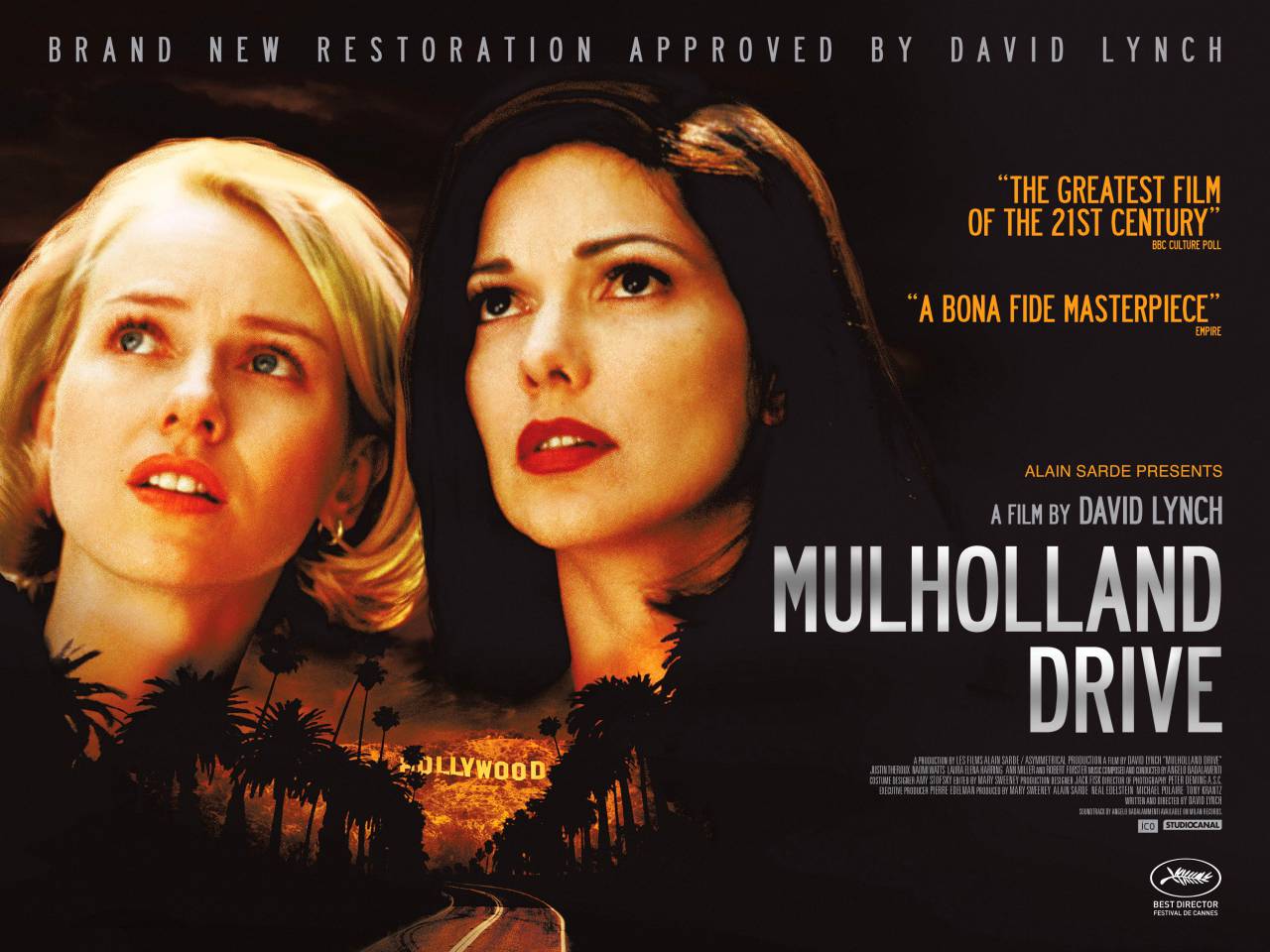
“Mulholland Drive” (2001) is a neo-noir psychological thriller film directed and written by David Lynch. The movie, a collaboration between the United States and France, is widely known for its surreal, enigmatic narrative and its exploration of identity, dreams, and the dark side of Hollywood. The film opens with a brutal car accident on the infamous Mulholland Drive in Los Angeles, which sets the stage for a series of mysterious events and unforgettable characters.
The central character of the film is an amnesiac woman (played by Laura Harring) who survives the car crash and is left with no memory of her identity. She is found by a woman named Betty Elms (played by Naomi Watts), an aspiring actress who recently arrived in Los Angeles to pursue her dreams. Betty takes the amnesiac woman into her apartment, and the two embark on a journey to uncover the woman’s true identity. The film follows their investigation, which quickly becomes more complicated and surreal.
As the story unfolds, Lynch masterfully blends reality and illusion, making it increasingly difficult for the audience to distinguish between the two. “Mulholland Drive” is filled with unsettling and cryptic imagery, including recurring motifs such as the blue box, which seems to hold the key to the film’s mysteries. The narrative often shifts between different perspectives, leaving viewers to question whether what they are seeing is real or a part of a dream.
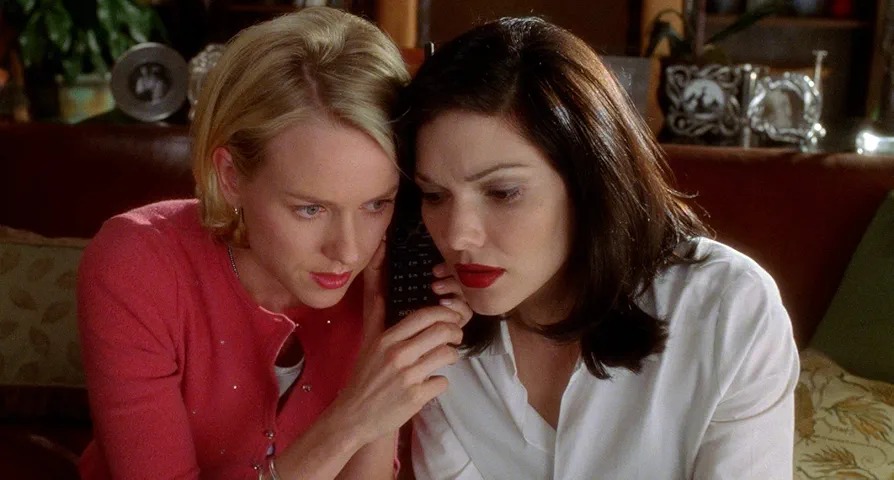
One of the film’s most intriguing aspects is its portrayal of Hollywood as a place of illusion and manipulation. The film critiques the glamour and darkness of the entertainment industry, showing how people’s desires, ambitions, and fears can lead them to tragic and dangerous places. Characters in the film are often seen grappling with the pursuit of fame and the compromises they make along the way. This is evident in the character of Diane Selwyn (also played by Naomi Watts), who becomes entangled in a complex and tragic story of unfulfilled dreams.

Lynch’s direction and storytelling are key to the film’s success, creating an atmosphere of tension and unease throughout. The film’s non-linear structure and fragmented narrative allow Lynch to explore themes of identity, memory, and the psychological toll of living in a dream-like world. The lack of clear answers and the open-ended nature of the film leave viewers with more questions than conclusions, encouraging multiple interpretations.
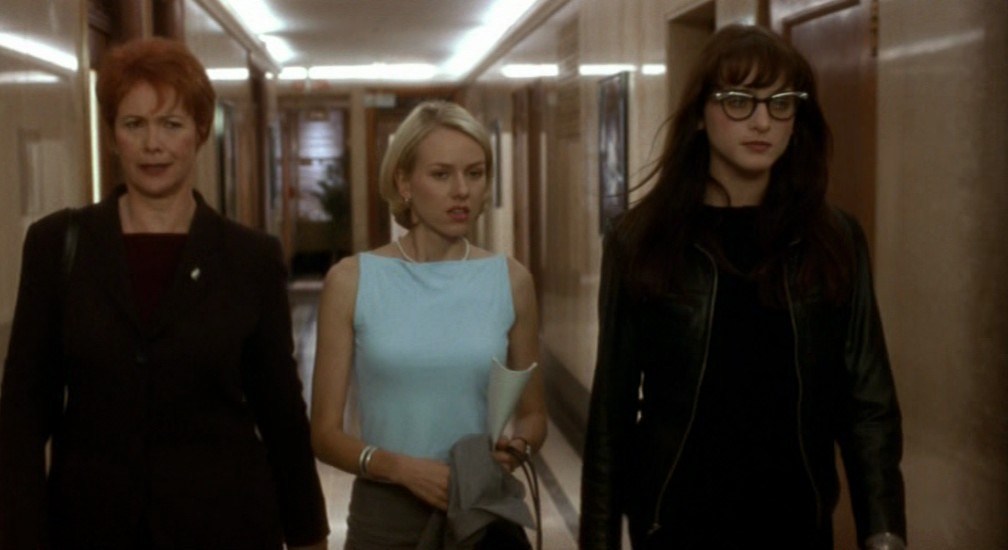
In conclusion, “Mulholland Drive” is a cinematic masterpiece that combines elements of mystery, suspense, and psychological horror to create an unforgettable experience. David Lynch’s brilliant direction and the exceptional performances of the cast make it a standout film in the neo-noir genre. With its surreal narrative, enigmatic characters, and haunting visuals, “Mulholland Drive” remains a thought-provoking and influential film in modern cinema.


